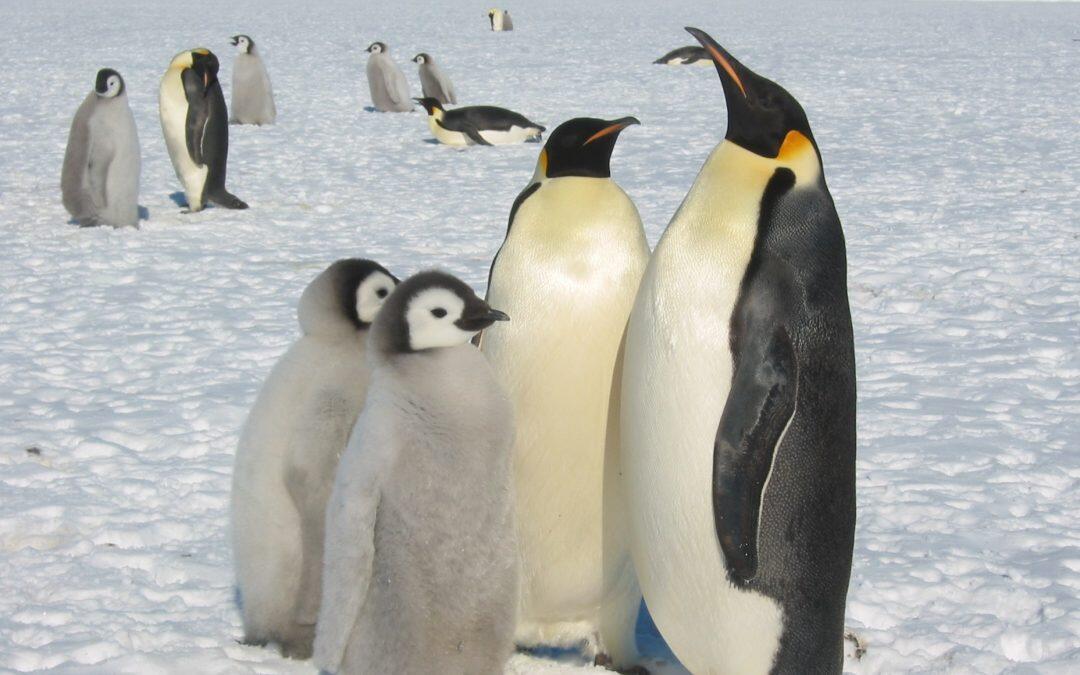Penguins are disappearing. Does this have anything to do with you? If you knew the reason why penguins were disappearing, you might just want to campaign about it. It is basically “Climate Change” that is around destruction of earth and harm for living things, and now, it’s about penguins.
It might not be an animal that lives near your home or an animal that you have seen in real life. However, knowing that penguins are affected by climate change, and that 150,000 of those “cute” creatures have disappeared a few months ago in Antarctica, then this draws many fears.
According to a new study published in the journal Antarctic Science, the world could be short 150,000 penguins.
When the iceberg B09B became grounded in Commonwealth Bay, the researchers say, a colony of Adélie penguins in Antartica’s Cape Denison has decreased from 160,000 to just 10,000 since 2011.
“It’s eerily silent now,” expedition leader Chris Turney told The Sydney Morning Herald. He goes on to describe an alarmingly sedated — and depleted — community of penguins:
This is going to me more common, according to Turney, who said that “the reality is, more icebergs will be released from Antarctica and just embed themselves along the coastline and make the traveling distances for some of these colonies even further than they have been.”
There is, however, some good news: Adjacent colonies are doing just fine, which indicates that rather than having starved to death, the penguins could have simply moved to another home.
Over the past decade, the Antarctic has warmed by a degree, which causes the ice on the continent to flow into the sea more quickly. So all around Antarctica there are some huge ice shelves — floating shelves of glacier ice. From time to time, icebergs break off the ends of these shelves.
“What we believe at this stage is that the break off of mega-icebergs is becoming more frequent,” Wilson says. “We believe that in the next century or so, with climate warming, [we will see] an increase in the frequency of these dire events.”
Maybe if you just highlight the dangers of climate change, and ways that it could be addressed, you might be helping the penguins.











